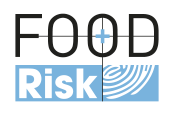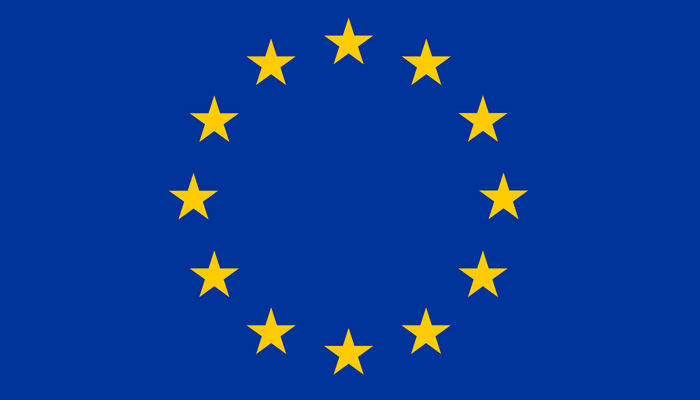The Directorate-General for Health and Food Safety of the EU has published the 2018 edition of the activity report of the European network against food fraud.
Food fraud is an intentional act committed by companies or individuals in order to deceive buyers and to take unfair advantage thereof, in violation of EU legislation on the agri-food chain. These intentional offenses may constitute a risk to human, animal or plant health, animal welfare or the environment with regard to GMOs and plant protection products.
The European network against food fraud refers to four key operational criteria to distinguish whether a case should be reported as a suspicion of fraud or as a case of non-compliance :
– Violation of European Community law
– Intention
– Economic profit
– Deception of customers
The members of this network exchange informations on possible intentional violations of the legislation in the context of the administrative assistance and cooperation system (AAC), a computer system that has been operational since the end of 2015..
A total of 234 cooperation requests (178 in 2017) were launched under the AAC-FF in 2018 by the EU Member States and Norway . The requests came mainly from Germany (58), France (32) and Belgium (23) .
The products most affected by food fraud are :
– Fish and fish products (45)
– Meat and derived products (41)
– Oils and fats (29)
The majority of frauds involve :
– Incorrect labeling (41,89%)
– Lack of documentation, falsified documentation (20,19%)
– Replacement / addition / dilution / modifications of the product (19,25%)
– Unapproved treatment or process (13,21%)
– Infringement of intellectual property rights (5,47%)
The report gives two examples of European cooperation in 2018 :
Olive oil: Products have been sold as extra virgin olive oil instead of olive oil. They therefore did not respond to Community standards and were of inferior quality (incorrect labeling, quality requirement of extra virgin olive oil not respected, mixture of 30% refined olive oil and 70% of extra virgin olive oil).
Tuna: frozen tuna in brine sold as a fee instead of being canned (treatment with permitted / unauthorized additives to promote color change).
Phytocontrol brings you its expertise in allergen research, nutritional analysis according to INCO regulations, or animal or plant species authentication.
Céline Cezar, Regulation Manager for Phytocontrol















